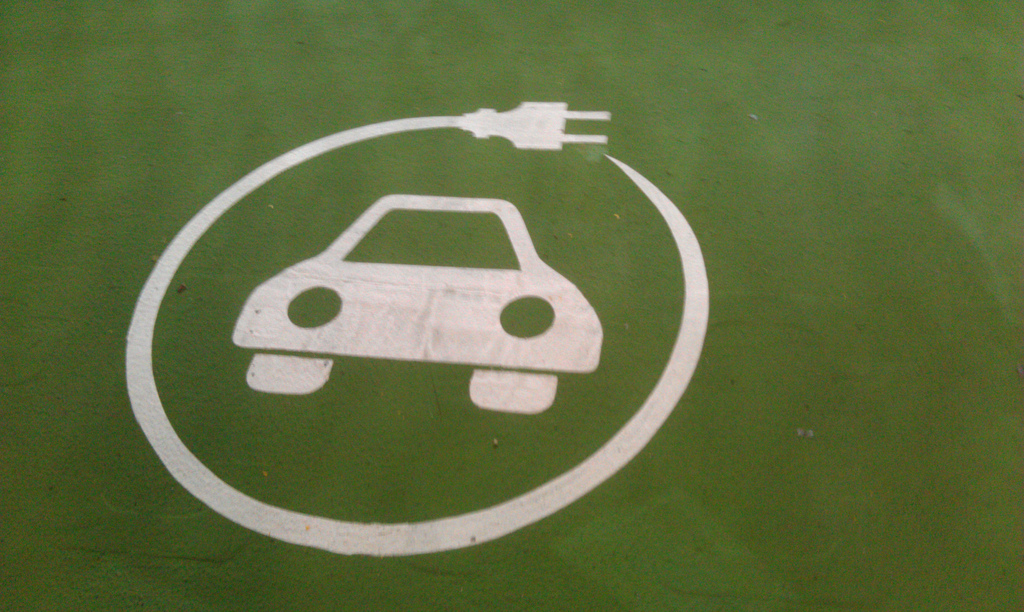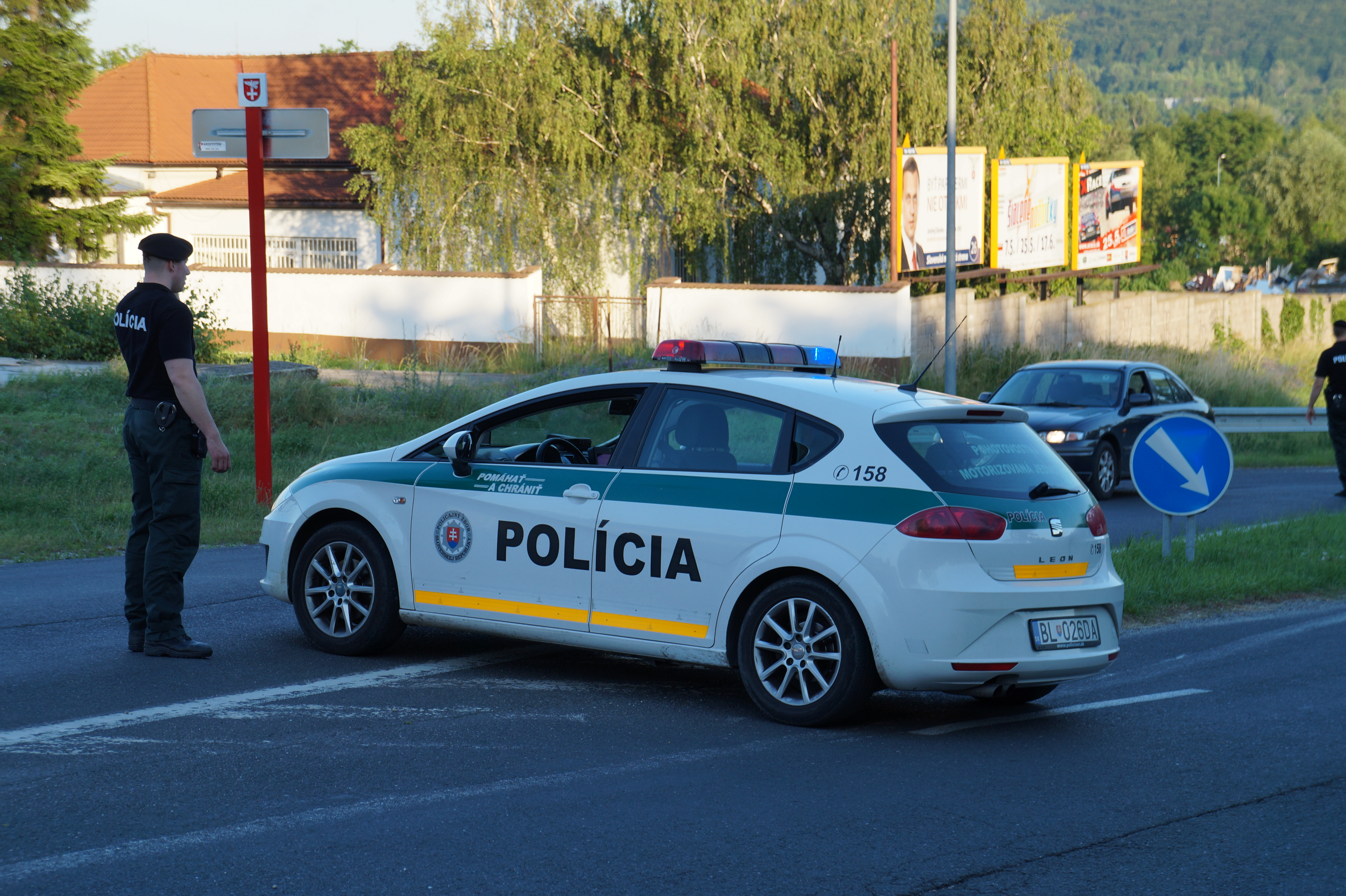By Ferenc Almássy.
Central Europe – The Visegrád Group is 27 years old on February 15, 2018. Never has its influence been so important.
Created on 15 February 1991 by Poland, Hungary and Czechoslovakia (which split into two states, the Czech Republic and Slovakia in 1993), the Visegrád group has its roots in the fourteenth century: in this same royal residence not far from Budapest, in 1335, the King of Hungary Charles-Robert of Anjou, John I of Bohemia and Casimir III of Poland met to seal a historic alliance.
Echoing this historic alliance, quite logical regarding history and the interests of the region, the Polish, Czechoslovak and Hungarian leaders, just next to their freeing from communism, decided to renew their old alliance to join altogether the “free world”, by supporting each other on this journey.
During the next 15 years, the three, then four, Visegrad countries joined the western world, joining NATO (1999, 2004 for Slovakia) and the European Union (2004).
Many saw the Visegrád group as obsolete from this point. The integration of Central Europe into the West had been effected, and we had reached the “end of history”.
Disenchantment and new fracture
However, after a decade of belonging to the European Union, a lot of dreams and candid expectations were gone in Central Europe. Central Europeans understood that a globalist, liberal-libertarian bureaucracy holds the reins of institutions and that what has been promised to them is far from reality. Often treated as second-class countries, subject to rules that are not favorable to them, the Four of Visegrád began disenchanted.
And in 2015, with the migrant crisis along the Balkan route, everything changed. The Visegrád group, which was indeed asleep, almost inactive since the integration of the V4 into the EU, started to wake up. Under the impetus of the strong man of Budapest, the former anti-communist liberal turned national-conservative and populist Viktor Orbán, the Visegrád group got mobilized to, at first, assist Hungary to protect its border. The border fence has then be erected, patrols of the V4 monitored the fence and the V4 refused with the same voice the quotas of migrants wanted by Brussels.
Since, a line of fracture has been drawn along the old iron curtain and is becoming more and more concrete. Experienced and roguish, Viktor Orbán plays permanently at the limit of what can tolerate Brussels – while making concessions on other subjects than immigration to compensate a few times. His strategy is a success: Viktor Orbán systematically has the upper the hand and imposes his moves to technocrats. In parallel, he sets up a climate of permanent struggle in Hungary: the enemies are designated (immigration, Brussels, George Soros), the people called to stand together behing him, and the political successes – rejection of the migrants, reinforcement of the Visegrád group, economical success, … – give an aura to Viktor Orbán like no Hungarian leader had since, perhaps, centuries.
And Poland, with the success of the PiS at the elections of autumn 2015, where the migration issue turned out to be central one, is embarking on the path of illiberalism advocated by Viktor Orbán. The Orbán method is adopted by the Polish gray eminence Jarosław Kaczyński. And for the first time since the interwar period, Poland has become a regional engine, both economically and politically.
The Hungary-Poland duo has been the initiator of the reactivation and unprecedented reinforcement of the Visegrád group. In Slovakia, the social-democrat but populist Robert Fico aligns with them on most themes, particularly immigration, and in Czechia, the election of Andrej Babiš as Prime Minister and the re-election of Miloš Zeman as president confirm the “Pro-Central Europe” turning point of the country.
The Visegrád group stronger than ever
What is happening today is nothing less than the mutation of the Visegrád group, which was until an informal cooperation, into a political, economical, financial, military and even cultural alliance. From joint exercises of the V4 armies to the multiplication of common cultural events, the V4 leaders jointly pursue an unprecedented regional cohesion policy. By this, they also mean to show what model they have been waiting for and still hope – let’s there be no question about their duplicity – of a Union of European countries: the preservation of each’s freedom in a non-domineering framework, based on the will of cooperation of its members, in the respect of the interests and the sovereignty of each one state.
In late January, V4 leaders met in Budapest to discuss the establishment of a regional development bank. Anticipating a possible drying up of European funds for political reasons, the Visegrád group takes the lead and thus marks the beginning of a new stage in taking itself in hand and its search for independence.
“We have words that connect us: God, country, family, safety, work, honor, common sense, sovereignty, freedom”. With these words, Viktor Orbán, speaking on behalf of the V4, establishes the Visegrád’s guideline as a dissident group within the EU. This is a bloc of Europeans who reject the liberal-libertarian, immigrationist, secular and globalist vision. Another Europe is possible, and the V4 intends to concretize it.
Moreover, the V4 does not hide its ambitions: as said Andrej Babiš, we must reform the EU to make it evolve into something more like the V4. The Czech Prime Minister would like to “depoliticize the European Commission” and move towards collegial decisions of European heads of government. Of course, that seems unrealistic in the current state of things. But the facts are there: nowadays, Juncker has to negotiate with the V4. The Visegrád group has succeeded in establishing itself as a major political player in Europe, bringing with it ideas that need to be addressed.

Taking control of their destiny
To reinforce itself, the V4 understood that it should not expect from the West what it needs. Therefore: cooperation between China and the CEECs, of which V4 is the core, in the 16 + 1 framework, or through the development of the New Silk Road (with projects of canals, highways and high-speed railway lines), but also the Three Seas Initiative aimed at developing in particular energy and transport infrastructure between the Adriatic, Baltic and Black Seas.
In parallel, the V4 has succeeded in holding and defending its position on mass immigration, since 2015 it has been conducting joint assistance operations to the Balkan countries, in particular Bulgaria, Macedonia and Serbia, while supporting the enlargement of the EU to the Western Balkans. In just two and a half years, the V4 has emerged as a political and influential player in the Balkans: the only one that seems to really hope for peace in the region and works as an equal with its Balkan partners.
The four countries of the Visegrád Group also promote the development of their mutual trade. Hungary has just announced that it will renew its arsenal by buying as much as possible from the Czechs. And another important element is the rapprochement between Romania and the Visegrád group – which has given rise to grotesque propaganda campaigns by some Romanian channels, accusing the Visegrád group of being a Russian creation, and Hungary. (9.9 million inhabitants) to try to recover Transylvania (7.3 million inhabitants … of which only 1.2 million Hungarians). Not forgetting of course the rapprochement between the V4 and Austria, which has just acquired a conservative government in good relationship with Viktor Orbán in particular, but also Bavaria, whose political leader, the president of CSU Seehofer, became minister of the Interior, while he is openly an ally of Viktor Orbán …
One thing is certain. The group of Visegrád disturbs as much as it inspires. On the one hand, it is seen as the tool of emancipation of peoples oppressed during the last five centuries and who today see a historic opportunity to regain their influence, independence and freedom.
On the other hand, the Visegrád group is seen as a bad populist and reactionary pass, a hindrance to Progress (meaning: LGBT, immigrationist, anti-nations, anti-religions agendas). This irritates and worries, as the values on which the union of these small countries are based seem solid.
It is not excluded that the project fail, of course! No one can predict the future. But the political, and economical dynamics and history all seem to indicate that the time of Central Europe has come, and that its cohesion and political coherence will enable it not only to overcome the systemic crisis in which the West is sinking. but also to initiate a European renewal, respecting the culture, identities and freedoms of our peoples.
Together, let’s wish a happy birthday and a long life to the group of Visegrád!



